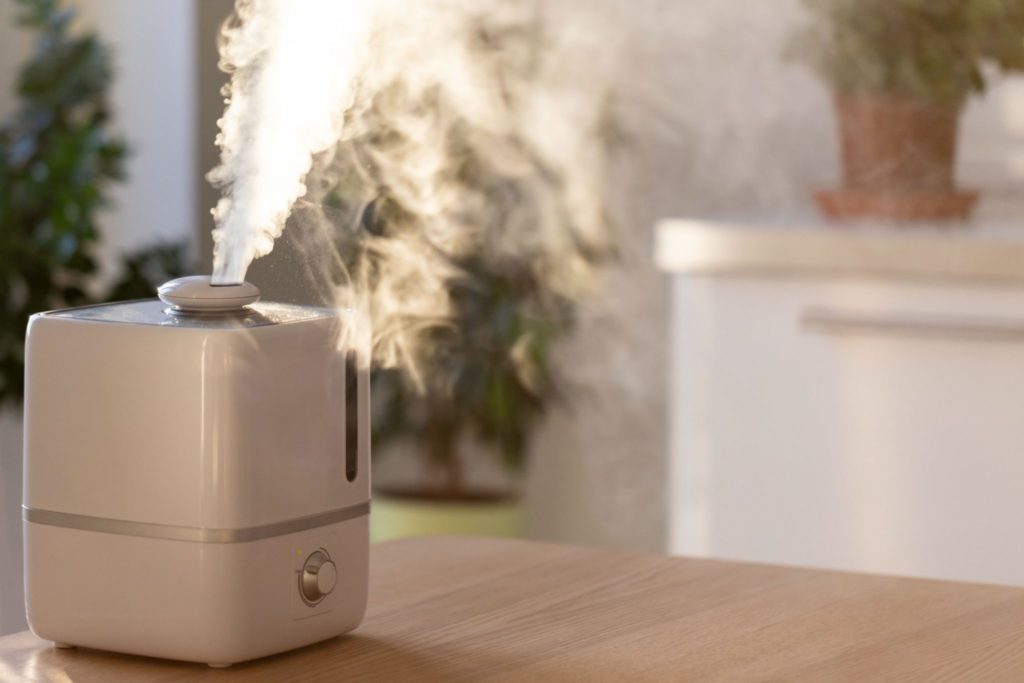The air you breathe in your home directly correlates to your health. It determines how you sleep at night, how bad your allergies are, and your sensitivity to asthma symptoms. Your HVAC systems filter the air and trap particles before they can spread throughout the house. If your house feels stuffy or sticky, keep reading. This guide will help you understand how your home air affects your everyday life.
Get better sleep with cleaner air.
Most people don’t realize that your HVAC system can influence the sleep you get. However, a high-functioning HVAC system with a clean air filter can catch irritants that cause allergic reactions like a runny nose and sore throat.
When you walk around outside, pollen catches on your clothes and hair. If you keep the windows or doors open, pollen and other particles travel inside. Your air filter catches these particles and prevents them from spreading through your house. This way, when you sleep at night, you are breathing in clean air that is free of allergens.
If you want to increase your chances of a good night’s rest, wash your sheets frequently and shower before bed. Also, wear fresh clothes to sleep so you aren’t wearing something that could have pollen or dust on it.
Your air quality can help you fall asleep faster.
Not only can an air conditioning system help you keep allergens out of your bed, but it can also help you sleep. According to the National Sleep Foundation, the optimal room temperature to reach a deep sleep is 60 to 67 degrees. Unfortunately, many people have to use ceiling fans and open windows to bring in this cooler air. Loud noises can travel into your room and wake you up from your slumber.
A good HVAC system will keep your home cool and help you fall asleep faster.
Air quality also includes humidity levels.
Air quality doesn’t just refer to the number of particles in the air, it also includes the humidity in your home. When your home has high moisture levels (also known as humidity), it can feel sticky in the summer and damp in the winter. Conversely, a home that has a low humidity level can leave you with itchy skin because of the dry air and worsen your allergy symptoms.
There are multiple ways to control the humidity in your home. A dehumidifier can work alongside your HVAC unit to remove moisture from the air. A smart thermostat can also be programmed to reach certain humidity levels throughout the year.
The goal of controlling your humidity levels is to increase the comfort levels in your home.
Good indoor air quality reduces mold growth.
Another reason to keep your air conditioner working at its best is to prevent mold. In humid areas and damp corners of the home, mildew can start to grow. It’s entirely possible that the allergies you experience could be the result of mold spores traveling through your ducts. Mold, along with dust and pet dander, can clog your sinuses and leave you feeling tired and foggy. It’s amazing that something so small can have such a significant impact on your overall health.
If your air conditioning won’t run through the night, call a technician to look at it. You might also need an electrical professional to make sure your home can handle the needs of an HVAC system. Just search for something like “electricians Fort Worth,” and there are several who will be eager to help with your needs.
Your air conditioner doesn’t just keep your home at a comfortable temperature. It also actively protects your immune system. Don’t let your allergens run rampant and prevent you from getting a good night’s sleep. Keep your HVAC system running at its best and your humidity levels low.





